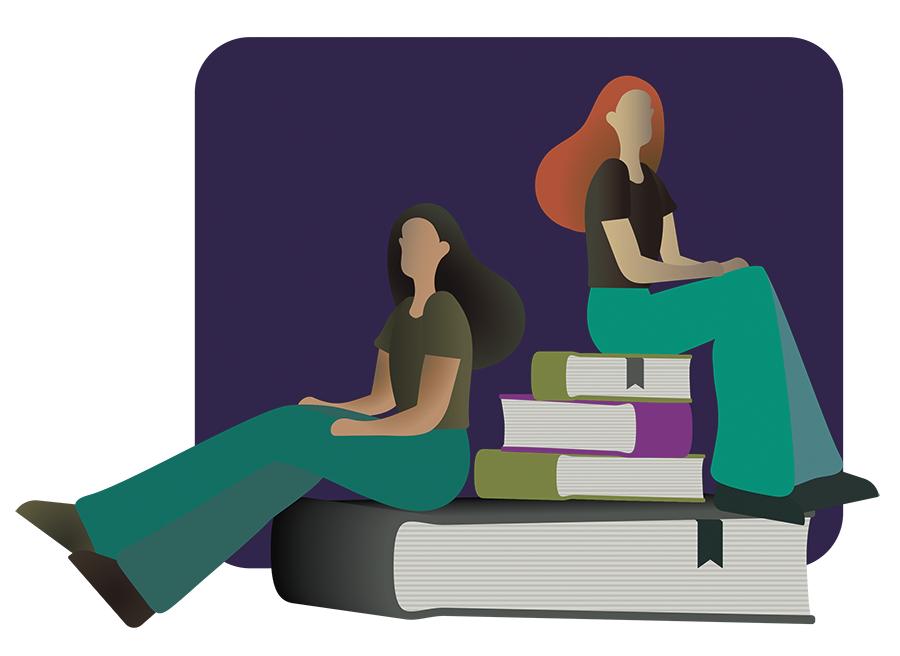German diplomat tells how nation still struggles with its past
November 21, 2018
More than 80 years after Adolf Hitler came to power, Germany continues to struggle with its past, coming slowly to terms with the actions that lead to the repression and genocide of many Jewish people.
German Diplomat Stefan Schlüter stopped at Madison College’s Intercultural Exchange Center on Oct. 26, as part of a U.S. speaking tour, to outline the progress Germany has made and the steps Germany is currently taking to reconcile its past.
The first step was to revive Jewish life in Germany.
“In 1933, we had about 1 percent of the population that was Jewish, 550,000 Jews living in Germany,” said Schlüter. “Right after coming to power, Hitler started with repression, started with decrees. Jews were pushed out of professions. Jews were pushed out of normal schools; they had to go to Jewish schools. They came to a point where they were not allowed to sit on the same parking bench with Aryan Germans; they were not allowed to use public transportation. It lead to Auschwitz.”
After the Holocaust, Jewish population in Germany dwindled down to only 15,000.
For many years following the Holocaust, Jewish population slowly increased, but few special efforts were made as Germany attempted to forget its past. By the ‘90s, Germany’s Jewish population had only increased to 30,000.
Immediately after the war, Germany was focused on rebuilding its economy. The horrors of war went unspoken.
“The Holocaust was something that was kind of explained away like, ‘It was war. Bad things happen in war, too bad, but it’s over. Let’s look forward.’ This remained the same until well into the ‘60s,” said Schlüter.
The Allies, at the war’s end, didn’t want the Germans to be able to ignore what they had done.
“When the Allies liberated the camps, there was lots of footage that was shot at that time,” Schlüter said. “You surely have seen some of that footage about these emaciated prisoners in their concentration camp garb, all these heaps of bodies that had been bulldozed in mass graves.”
However, at the time, the Germans did not get to see this footage.
Germany missed a huge opportunity to face what they had done. In 1946, when the U.S. was about to show it, they shelved it. The Cold War was coming up and they didn’t want to antagonize the Germans; the U.S. wanted the Germans on their side.
However, when the Soviet Union crumbled and the Iron Curtain fell, Germany had a chance better the nation from its past.
Schlüter said, “The head of the counsel of Jews in Germany went to the government and said, ‘you know, you talk about making it up to the Jews, so now put your money where your word is.’ To offer Germany as a safe haven for Soviet Jews, and we did. So from 30,000 it grew to actually 200,000.”
Although this was progress for the still-adjusting Germany, this was not enough to reconcile the past.
Since Germany’s influx of Jewish people, more and more emphasis is placed on Germany’s past.
Memorials have been built in honor of those who died and suffered in the Holocaust. These memorials play a role in the education of the German people and the remembrance of the suffering of those in the concentration camps.
Additionally, German schools are required to include information about the Holocaust in their school curriculums.
“After these classes had had their normal curriculum on Holocaust teaching and the Third Reich and what Germany did, they found out that a very sizable number of kids professed afterwards, ‘Well, after having been exposed to this, we knew about that but now in detail and hearing about all this, I really feel less proud to be a German,” said Schlüter.
By allowing the Holocaust to become a known part of its past, Germany has begun to take responsibility for what was done, he said.































